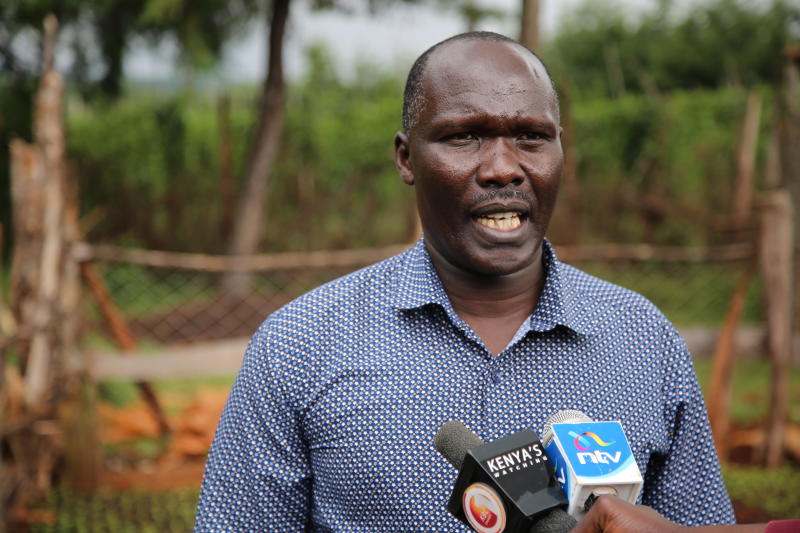×
The Standard e-Paper
Home To Bold Columnists

ELDORET, KENYA: The National Irrigation Board (NIB) is rooting for a law that will make it compulsory for the 47 counties to establish special units to identify and develop all irrigable lands to help boost food security.
According to NIB General Manager Gitonga Mugambi, the bill has gone through the second reading in the Senate and if successful will see NIB renamed into National Irrigation Authority to help accelerate the country’s goal of putting at least one million acres under irrigation.